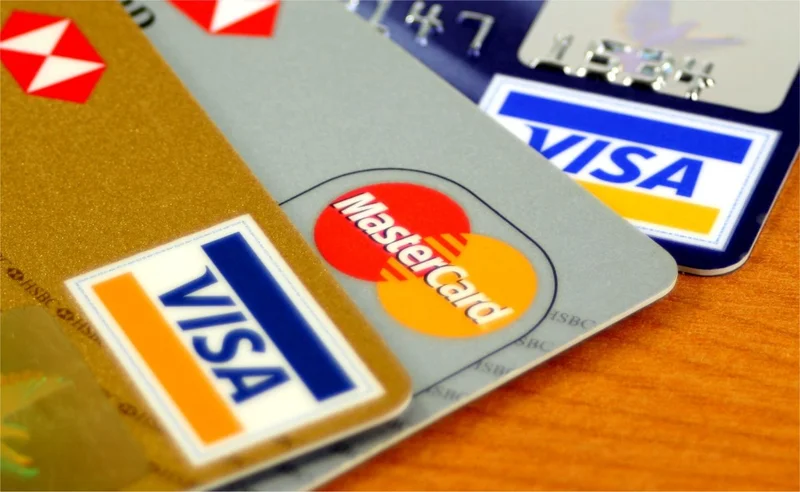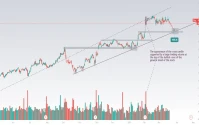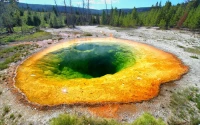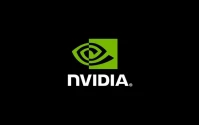Title: Credit Card Chaos? Not If You Know What's Coming
Okay, folks, buckle up. Because the world of credit cards – yeah, the one that can feel like a minefield of debt and hidden fees – is about to get a whole lot more interesting. We're not just talking about minor tweaks here; we're talking about a potential paradigm shift in how we use, and benefit from, those little plastic rectangles in our wallets. Forget doom and gloom headlines for a minute. Let's talk opportunity.
I know, I know. Credit cards? Opportunity? Sounds like an oxymoron, right? Especially when you see headlines screaming about rising debt and sneaky surcharges. I saw one recently about how credit card debt has reached over $1.23 trillion nationwide! It sounds terrifying, doesn't it? Like we're all doomed to a life of endless interest payments. But what if I told you that the very tools causing the problem could also be the key to solving it? What if we could flip the script?
A New Era of Credit Card Empowerment
Here's where it gets exciting. There's a confluence of events happening right now that could fundamentally change the credit card landscape. The first, and perhaps most immediately impactful, is the potential shift in how merchants handle credit card fees. We're talking about surcharges, discounts, and a whole new level of transparency. I read about how surcharging is legal in most states, including California, but practices should balance their decision to use it with potential impacts to patient satisfaction and long-term revenue. Imagine a world where you know exactly what you're paying for, and you can make informed decisions about how you pay. No more hidden fees, no more guessing games.
And it's not just about fees. We're also seeing innovative strategies for tackling debt head-on. Balance transfers with 0% APR are becoming increasingly popular, and for good reason. They offer a temporary reprieve from those sky-high interest rates, giving you a chance to actually make a dent in your principal balance. It's like hitting the pause button on your debt, but you've got to act fast.
Think of it like this: credit cards, in their current form, are like a steam engine – powerful, but also a bit clunky and inefficient. What we're seeing now is the beginning of a transition to something more like a sleek, electric car – faster, cleaner, and more responsive to your needs.

But here's the thing: all this potential comes with a responsibility. We need to be informed, we need to be proactive, and we need to demand transparency from the companies we do business with. It's not enough to just sit back and hope for the best. We need to be active participants in shaping this new era of credit card empowerment. What if you could use credit cards strategically to tackle existing debt? Is it possible to save hundreds or even thousands of dollars in interest over the promotional period?
And that brings me to the second, and perhaps more subtle, shift: a growing awareness of the ethical implications of credit card practices. Lawmakers are starting to pay attention, proposing legislation to rein in potentially abusive practices and ensure greater transparency. I saw an article about how a committee of South Dakota lawmakers expressed support Thursday for legislative efforts to rein in powers that some committee members said Republican former Gov. Kristi Noem abused. This is a huge step in the right direction, but it's just the beginning.
Now, I know what some of you are thinking: "This all sounds great, Aris, but what about the risks? What about the potential for things to go wrong?" And that's a fair question. Credit cards, like any powerful tool, can be misused. But the key is to be informed, to be disciplined, and to be aware of the potential pitfalls.
This isn't just about saving money; it's about control. It's about taking charge of your financial future and using credit cards as a tool for empowerment, not a source of stress. I genuinely believe we're on the cusp of a new era, one where credit cards are more transparent, more fair, and more beneficial for everyone. What if you could convert unsecured debt into secured debt, and that puts your house at risk if you can't make payments?
The Dawn of Financial Liberation
So, what does all this mean? It means that the future of credit cards is not set in stone. It's being shaped right now, by the decisions we make, the actions we take, and the demands we place on the companies that serve us. And I, for one, am incredibly optimistic about what that future holds. When I start to think about the possibilities, I honestly just sit back in my chair, speechless. This is the kind of breakthrough that reminds me why I got into this field in the first place.










